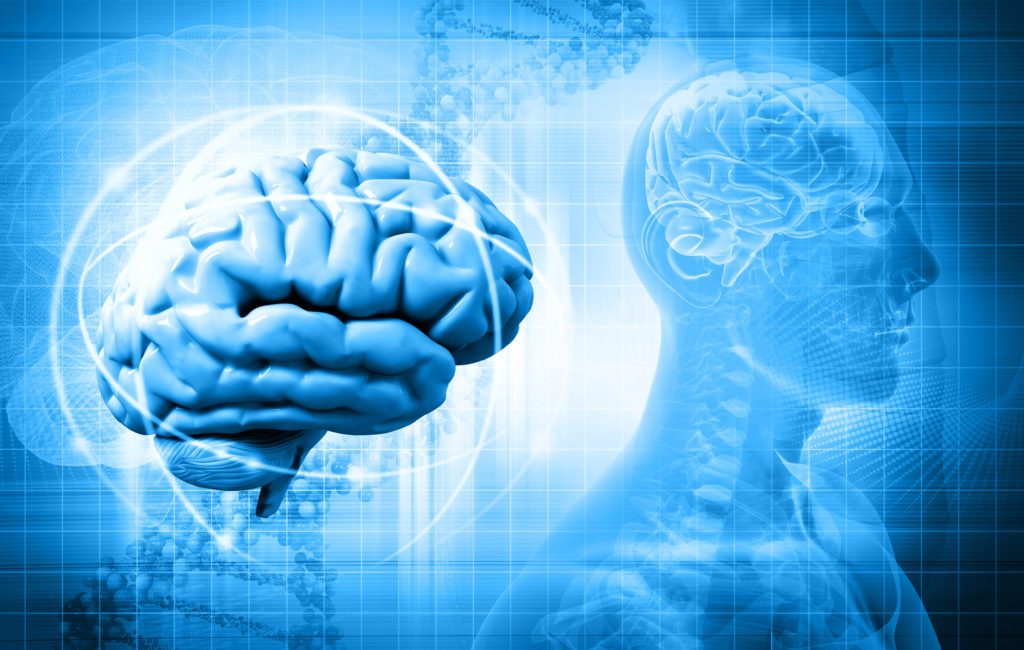
In a recent double-blind comparison study, researchers at the Johns Hopkins University School of Medicine examined the effects of varying doses of psilocybin and a single high dose of dextromethorphan (DXM) on cognitive abilities on humans.1 Psilocybin is considered a “classical” hallucinogen while DXM is a “dissociative” hallucinogen. The researchers wanted to find out not only what the differences were in the effect of the hallucinogens, but how they were different. This was the first time a study had looked at the effects of psilocybin using a large battery of neurocognition tests.
The study used 22 volunteers (11 females) who were hallucinogen users. They were divided into groups and given psilocybin (10, 20, or 30 mg/70 kg), 400 mg/ kg DXM, or placebo in five blind drug administration sessions. The participants then completed neurocognitive assessments during the peak effects of the drugs during each session.
The results of the study showed psilocybin and DXM did not cause global (total) cognitive impairment or delirium. However, participants in the psilocybin groups showed orderly and dose-dependent effects on psychomotor performance, episodic memory, working memory, visual perception, and associative learning. The effects of DXM on psychomotor performance, visual perception, and associative learning were similar to those in the moderate (20 mg/10 kg) and high (30 mg/70 kg) psilocybin doses.
Overall, psilocybin effected working memory more than DXM. The single high dose of DXM had greater effects on balance, response inhibition, episodic memory, and executive control than any of the psilocybin doses.
